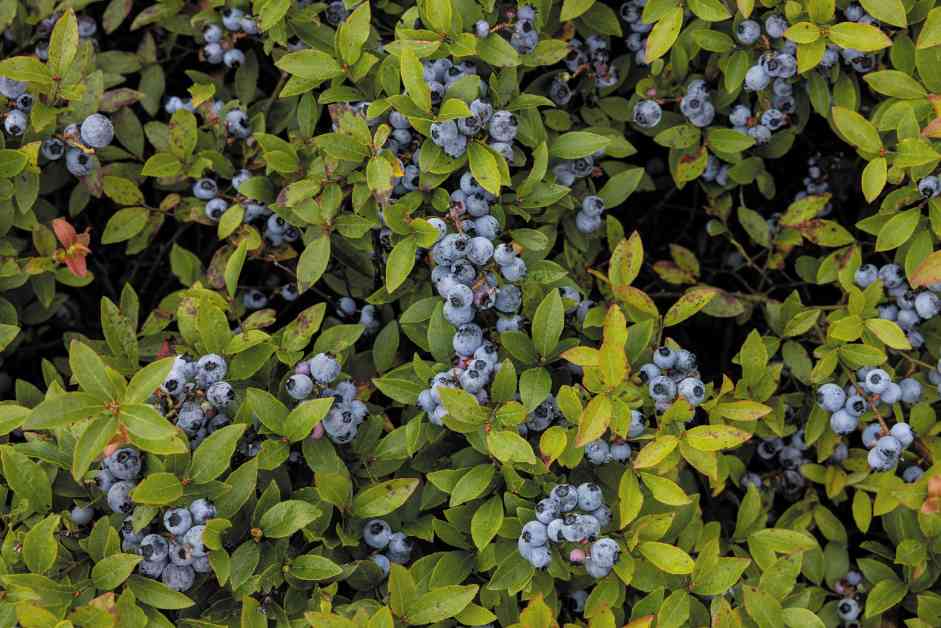Bryan Johnson, a 42-year-old Mi’kmaq fisherman from Eskasoni First Nation in Nova Scotia, Canada, embarked on a journey to rural northeastern Maine to harvest wild blueberries. His family had a tradition of coming down to Maine every summer to work and earn extra income. Despite his initial fears and uncertainties, Johnson found comfort in the kindness of the people he met at the blueberry camps.
The wild blueberry harvest in Maine is a cultural ritual that brings together people from various backgrounds, including native tribes like the Wabanaki peoples and migrant farmworkers from Central America and the Caribbean. Wild blueberries are smaller and sweeter than commercially grown blueberries, packed with antioxidants and considered highly nutritious. The Wabanaki tribes have a long history of harvesting these berries as part of their seasonal foodways.
However, the wild blueberry industry in Maine is facing challenges due to competition from highbush blueberries, climate change, and declining bee populations essential for pollination. Commercial growers are increasingly turning to large harvesting machines, threatening the traditional hand-raking methods used by indigenous harvesters.
The demographics of the harvest have shifted over the years, with migrant and seasonal workers playing a crucial role in the industry. Despite their essential contributions, their work often goes unnoticed and undervalued. Organizations like Mano en Mano provide essential services to connect immigrants and farmworkers to housing and healthcare in Maine.
The Passamaquoddy Wild Blueberry Company, owned and operated by the Passamaquoddy Tribe, cultivates blueberry fields on ancestral territory repurchased by the tribe in the 1980s. The company provides housing for harvesters and their families during the harvest season, fostering a sense of community and tradition.
As climate change impacts the blueberry harvest with earlier seasons, high heat, and droughts, growers are facing challenges in maintaining the industry in Maine. The Blueberry Harvest School in Milbridge offers a supportive environment for working families during the harvest, providing education in multiple languages and cultural activities for children.
Despite the challenges, the sense of community and cultural connection at the blueberry barrens remains strong. Harvesters like Bryan Johnson and Passamaquoddy supervisor Stephanie Bailey continue to uphold traditions and create a welcoming environment for all participants. The future of the wild blueberry harvest in Maine may depend on innovative solutions to adapt to changing environmental conditions and preserve this longstanding cultural practice.






